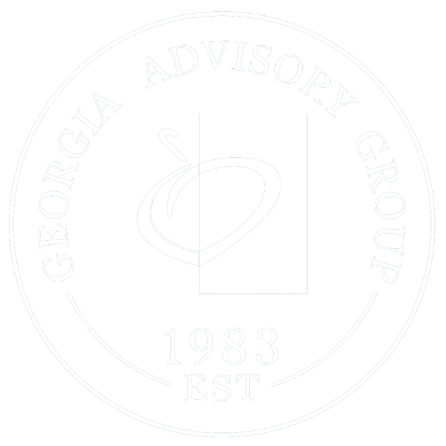Retirement Planning: How much money do I need for a successful retirement? It appears to be a logical question, but it is impossible to answer. It is similar to asking, “Did the chicken or the egg come first?” We need to know what our shortfall from expenses is compared to our income, not how much money we have.
Hello, my name is Dave Duley, and I’m here again to give you great insight into the right questions to ask concerning investments and retirement. Hit the “like” button, subscribe, and continue to get great info.
Now the question is: Is how much money you have saved secondary to what your lifestyle and expenses will be in retirement? Yes, there is a correlation, but anticipated expenses take priority, so this is where we need to begin, and the best way is to give you real-life examples of current clients in three overall scenarios. First, let’s meet. Beth is 62 years old, divorced, and both of her children are now on their own.
She has a $400k home with only $100,000 left on her mortgage, a $150k monthly payment, and 10 years left on her current mortgage. She wants to retire at 67, at full retirement age and has saved $300,000 in cash and her 401(k) in her current expenses. The mortgage of $1500 includes insurance and taxes on an additional $2,000 in utilities, food, entertainment attainment, car payments, and insurance, for a total of about $3500 per month; she earns $60,000 or $5,000 per month, but that will drop to $24,000 with Social Security monthly at age 67, so we will have an approximate deficit of $1100 per month. and I would round that up to $1500 per month to be conservative.
Now she has no plans to move, but if she did, the recommendation for me would be to take the $300,000 equity in her home and pay cash for a townhome or a smaller house to get rid of the mortgage payment, which in turn takes care of our entire shortfall. But if she’s adamant about staying in the home, then we refinance back to a 30-year loan to reduce her payment on the hundred thousand to approximately 650 per month. We only have a $900 monthly deficit at this point, and if she decides to stay in her home, I’ve heard of a $300,000 nest egg.
We have $200,000 in qualified accounts (401K IRAs) and the rest in an investment account, and we must set aside at least $250,000 for emergencies. car problems at home Just ordinary problems that lead to $75,000 in investments and $200,000 in fully taxable withdrawals. In this case, we now know what we need to generate annually. I’ll round up to 12 000 a year. We need to generate that from our 275 000 total savings, or we need to get a four-and-a-half percent return annually. Now that seems easy, but if we take even a five percent loss in one year of investment.
Remember, she wants to hang it up at 67. What do we do in the meantime that leaves us with a hundred and fifty thousand investments that we don’t have to touch for five years, from 62 to 867, to give them time to grow? And here, I’ll say we get a three percent return because I want to be as conservative as possible, that would take us to a hundred and seventy-four thousand dollar balance at age 67. At retirement age 67, we begin taking the $900 a month she is short each month from her employment for the next 36 months from that investment account until the annuity begins to kick in at age 70.
Then we stopped taking from her cash account, and assuming we never made a nickel, her cash balance would be $142,000, which we would continue to invest well into the future. So we’ve met all of her needs, and it looks like at 67 she is still in her home. Number one is what she wanted to do; she has a 650 mortgage instead of a 1500 payment and still has 300,000 in equity in her house. Her income is now $2400 per month from Social Security, plus an additional thousand dollars from her annuity, for a total of $34,000 per month at age 70, guaranteed for as long as she lives, with her mortgage at $650 and utilities at $27,000 per month. insurance, food, and entertainment; she has $25,000 in cash for emergencies and an additional $142,000 in investments working for her, but she is also available for anything else she may require.
We now add the 51 thousand dollars we saved from age 62 to 67 from the lower mortgage payment we saved, and we’re at 193 thousand dollars in her investment account. She could choose to pay down the mortgage without the additional fifty thousand dollars and now only have a fifty thousand dollar mortgage left, which she could refinance for an additional 30 years at age 67 or 70. But here’s the thing: cash is king, so I like hanging on to as much as we can, and she gets to take the deductions on the mortgage that she still has.
The thing is, she’s going to make it absolutely and fairly comfortably. We staggered her nest egg between the guaranteed income bucket and the investment bucket because there are no guarantees in the stock market and she needed to know she wouldn’t outlive her money. We couldn’t afford to hope for the best and take the risk. She retired at a good time.
Subscribe now to receive Retirement Planning 101, and we will give you videos in the next few weeks of a couple that came to us with over $750k in assets and over $125k in annual experiences needed in retirement.
Click the “show more” button below under the description and visit our website, where you can join our newsletter and complete a questionnaire. We will reach out to you to get your numbers and put together a plan for your family to live comfortably until next time.


